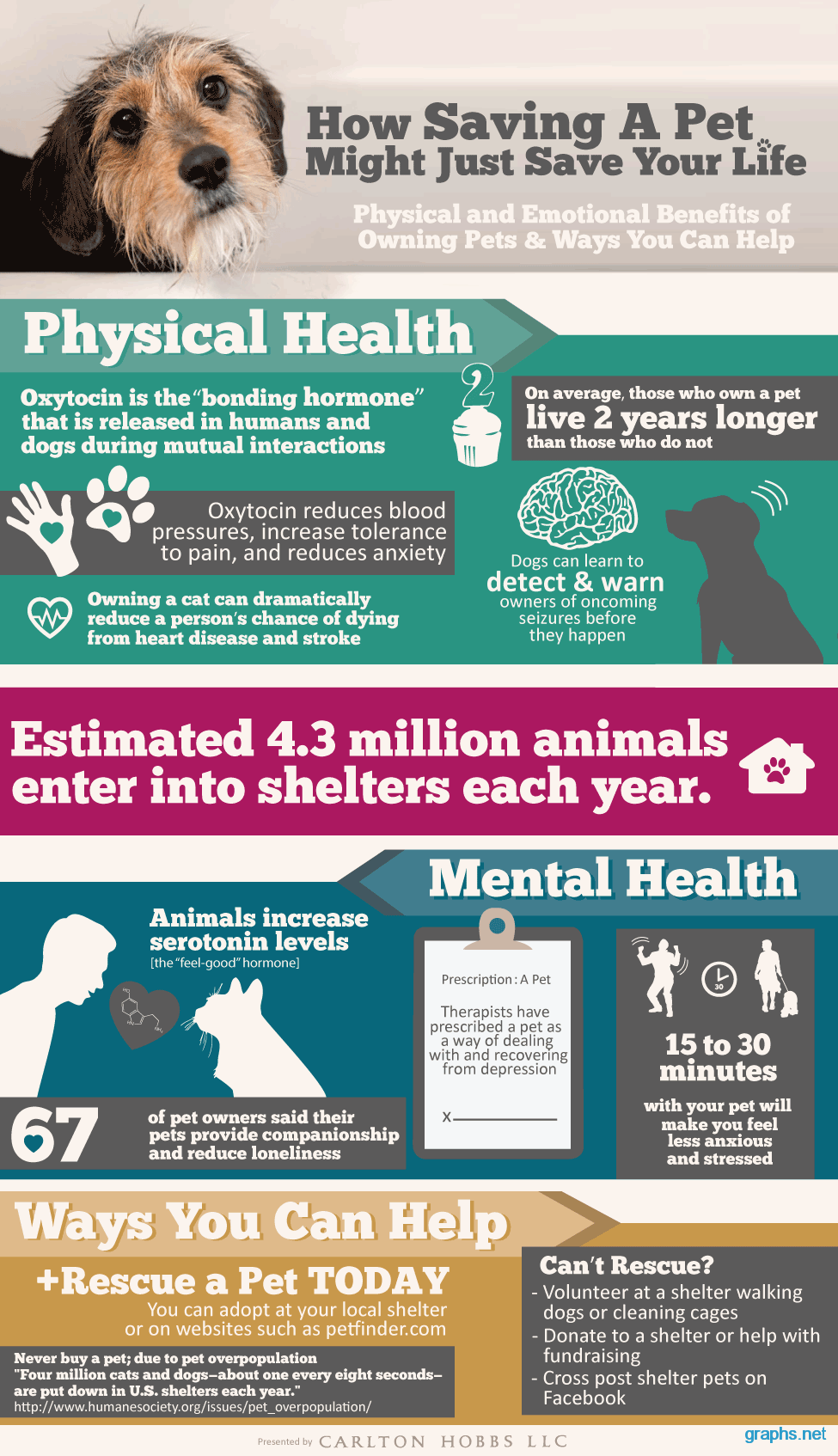Whether your pet dogs hang around at childcare or boarding facilities, they need to be current on every one of their needed vaccinations. Core vaccinations consist of Bordetella, rabies and DA2PP, which guard against usual illness that canines are exposed to when in close contact with others.
Non-core vaccines consist of canine influenza and leptospirosis shots. These are advised for puppies that mingle with various other dogs regularly.
Core Vaccines
As a crucial part of preventative care, pet injections aid keep pets safe from transmittable illness sent with straight get in touch with or infected surfaces. Vaccinations stimulate the body immune system to create antibodies that deal with illness, and the majority of vets take into consideration core dog injections to be important for all pet dogs.
Rabies
Many reputable pet dog daycare facilities call for that your animal depend on date on their rabies inoculation. Vaccinations are provided to pups as early as 12-16 weeks old, and boosters are required every 3 years or two till their adult years. Rabies is a deadly viral disease that spreads via saliva, generally from attacks. Most states need rabies inoculations for all canines and pet cats, and some even mandate rabies boosters for animal proprietors.
Distemper/Parvovirus/Adenovirus (DHPP).
This combination injection covers canine distemper, parvovirus, liver disease, and adenovirus, all of which are extremely transmittable. Most veterinary workplaces offer DHPP injections as one shot or in a collection of two to four shots, offered 2-4 weeks apart, adhered to by an annual booster. This injection is a need for many boarding and dog daycare facilities, in addition to several groomers.
Bordetella/Canine Parainfluenza Vaccine.
Bordetella bronchiseptica, frequently called kennel cough, is an extremely transmittable respiratory infection triggered by the germs that creates the disease. Symptoms include relentless coughing, sneezing, nasal discharge, and high temperature. Most kennel cough episodes take place in crowded atmospheres, such as childcare or boarding centers, and are especially typical in warmer climate. This vaccine is a requirement for a lot of childcare and boarding facilities, and is frequently used in a mix with the DHPP vaccination.
Leptospirosis Vaccine.
This is a bacterial disease that spreads with infected water, dirt, and urine. Infection can trigger kidney and liver damage, along with fatality, and is transmissible to humans. Most vets will recommend this injection, based upon geographical area and way of living of the pet, for dogs that spend time outdoors or at boarding facilities, as well as some groomers. This injection is normally carried out as a collection of 2 to 4 shots, spaced 2-4 weeks apart, with an annual booster required for many animals.
Lyme Illness Injection.
The most typical tick-borne illness best dog daycare near me in the USA, Lyme condition is sent by the deer tick and can result in fever, joint pain, muscle soreness, and loss of appetite. The Lyme illness injection safeguards against the most common stress of the virus, including the H3N8 and H3N2 stress. Many veterinary centers suggest this vaccination, specifically in risky locations, such as the Northeast, top Midwest, Mid-Atlantic, and along the Pacific shore.
Noncore Vaccines.
Various other pet vaccinations, while not essential for all pets, are recommended based on the dog's lifestyle and geographical area. These consist of the following:.
